Just establishing values is not enough. You have to live them. That is often easier in family businesses with a rich tradition. They are the businesses whose formulas often sound amazingly simple, feel timeless and become “classics.” Just like Dutch building company Ten Brinke, established in 1902 as a local construction business: “My father taught me that you should always build with passion,” says CEO Wim ten Brinke. Passion, passed on from one generation to the next, is central to Wim ten Brinke too.
But passion? Is that still possible? Particularly in such a tough sector? “Admittedly, it’s getting ever more difficult,” Wim ten Brinke says. This is why he is building a firm strategic foundation and based on solid principles: “The projects we prefer and almost always take on”, says the CEO, “are those where our company performs every phase, from planning and site acquisition right up to handing over the keys.”
If you want top points for client satisfaction, it is important to identify with your work and the common goals of a project. Ten Brinke therefore uses its own expertise across the entire value chain so as to provide benefits for clients in construction time, quality and value for money. Anything assumed to be unavoidable in construction projects, i.e., unnecessary delays, costly amendments during building or repairs following completion and the associated non-conformance costs, and the grueling arguments between contracting parties often arising from a lack of transparency, is drastically reduced. “Our ultimate target is the overall result. For the desired result, cooperation between project development, planning and construction operations has to be perfect. In our company, project developers and builders are one team: “Everyone has their own project, which supports the common goal—and that’s what counts at the end”, says the CEO, and here is where he has also sought the advice of Porsche Consulting’s management consultants.
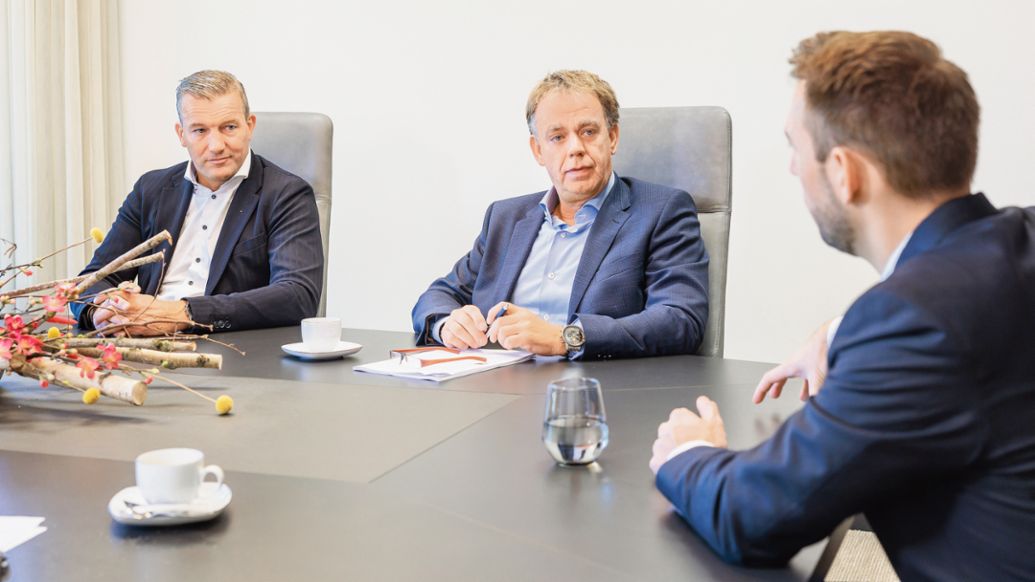
Trusting family businesses
Clients with high demands appreciate the values of family businesses as many of them are family businesses themselves. In the commercial sector, Ten Brinke builds local branches for large discount grocery stores, building supplies stores and specialist retailers or vehicle dealerships. It also builds logistics centers for large textile merchants, hospitals, schools, student residences or care homes and hotels. Even BioNTech, the successful corona vaccine manufacturer from Germany, has decided to use the end-to-end building services of the Dutch company from tranquil Varsseveld (pop. 6,000). This is to build its new headquarters as BioNTech urgently needs to expand its premises.
However, almost no industry has to react to economic changes as dynamically and extensively as the construction industry. Employing 1,300 staff across 24 locations in the Netherlands, Germany, Spain, Greece and Portugal, Ten Brinke has deliberately increased its proportion of residential construction projects from one to two thirds of its entire business over the last nine years.
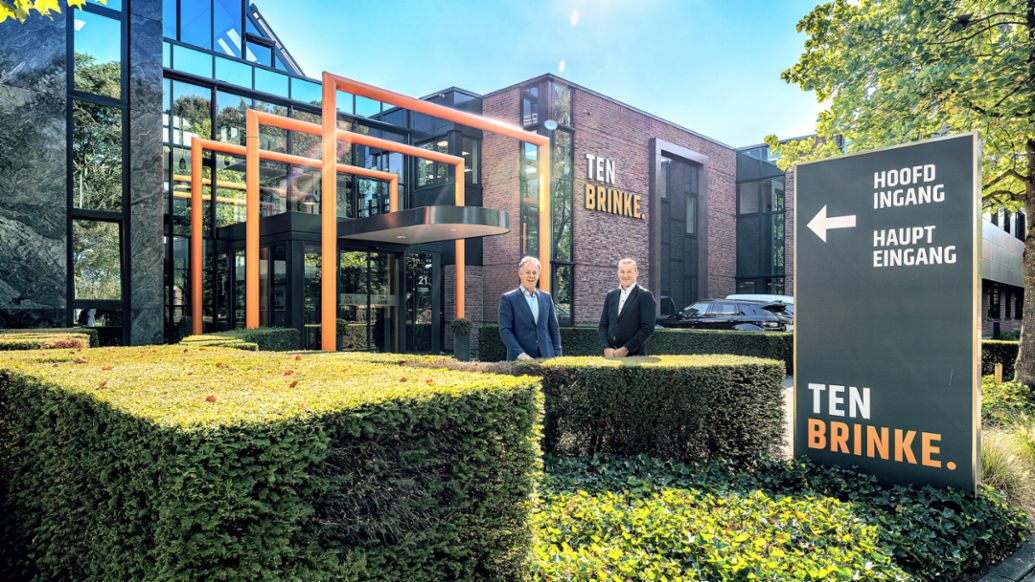
Just recently, the CEO traveled to Frankfurt am Main to break ground on a conventional construction project. 207 apartments and 67 houses are being developed in a modernist, straightforward architectural style in a former industrial area. However, despite a high housing demand, inflation, increases in interest rates and falling economic activity have abruptly reduced new developments. “We can sense the reticence, particularly among institutional investors,” says ten Brinke. “Investors are becoming more cautious. Their ROI expectations are dropping due to sharply rising costs, higher lending interest rates and additional demands including the necessary use of renewable energy sources in heating and power supply or other sustainability requirements.”
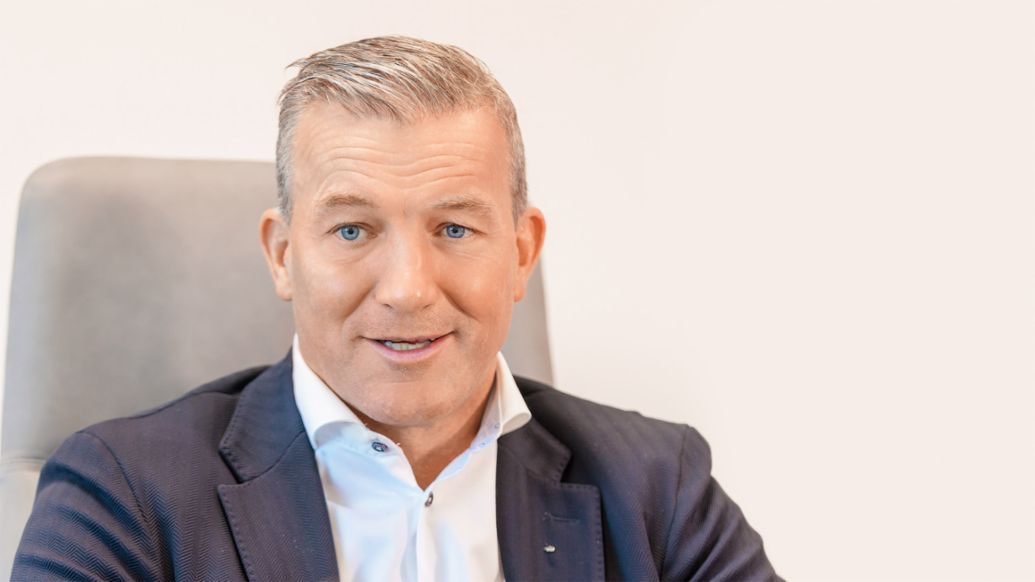
Timely and transparent
Once again, company management has had to rethink quickly and prove its flexibility. “We have to know precisely what the market will demand tomorrow,” says Peter Zents, Chief Financial Officer at Ten Brinke. Wim ten Brinke adds: “Revitalization of existing buildings will become ever more relevant.” His motto: “Ten Brinke always lays the first brick.” For that to work, things have to move fast at company headquarters and locations.
Technology is needed to accelerate processes, so a shared database has been developed, which everyone uses and from which everyone has a complete operational picture. This enables all staff, even those in service and administrative positions, to collaborate optimally. This not only creates transparency, but also answers standard questions “automatically.” Wim ten Brinke says, “Everyone in our company has to know where they stand. That only works if the database shows everything as simply as possible, everyone really uses the database and everyone ensures that its information is current, correct and complete. We have to be able to share all our knowledge centrally. That’s why, for example, we store every single record our people write.”
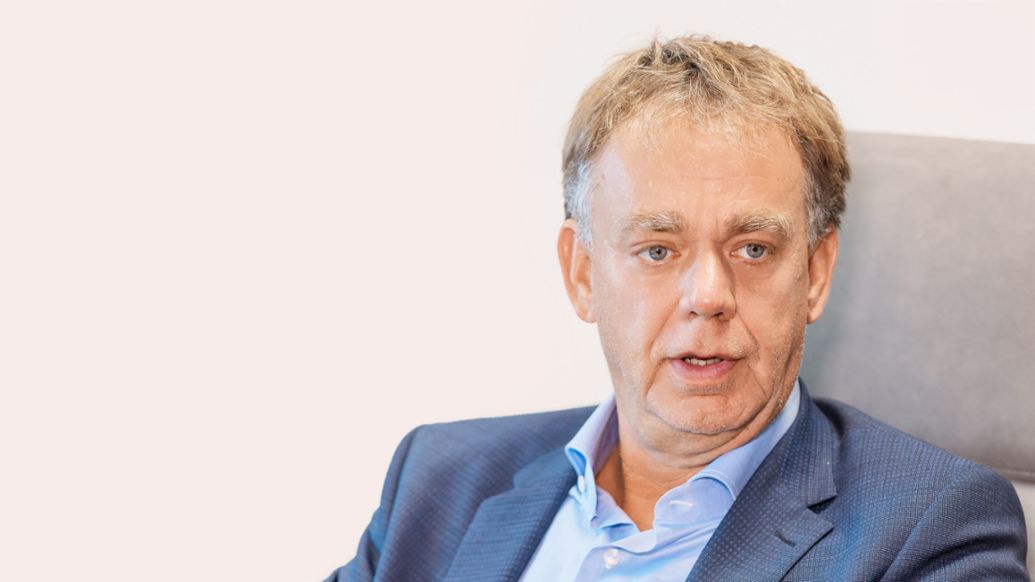
Equally important for Ten Brinke is sustainable corporate governance on all levels, implemented in its in-house ESG (Environmental, Social and Governance) program. Revitalizing real estate is a good example of the principle in practice. This goes far beyond simple renovation. Wim ten Brinke says, “Revitalizing or repurposing sites, particularly in inner cities, can be not only a cost-effective option when compared to new developments, but also offers greater profitability for investors and future users. Similarly, regeneration also helps to reduce CO2. In terms of energy, a good design can support maintaining existing real estate, from suitable roof insulation right through to using solar-generated electricity for operating the new heat pumps.” To calculate exact profitability, the Dutch company is working with sophisticated locational and economic analyses to gage all issues and adjust them to how the property will be used. “It’s important to monitor the results and liquidity of current projects.” We must ensure that liquidity is always sufficient to be able to spot opportunities, even in economically difficult times,” says CFO Peter Zents.
Even if the construction industry has to navigate choppy waters, both men at the helm convey the relaxed demeanor of an experienced captain on the high seas. Their skill keeps them on the right course. Ten Brinke concludes, “We are only committed to ourselves, our clients and employees, not the stock market. And that approach has worked very well for the last 120 years.”
Solid craftsmanship—the cornerstone of success
In 1902, Theodorus ten Brinke founded his company as a small construction business in Varsseveld in the Netherlands. The mason quickly found success and his business laid the foundations for the company we know today, Ten Brinke Group B. V. Over recent decades, Ten Brinke has grown into an international and innovative construction company, contractor, project developer, financier and investor. The group achieves an average annual turnover of over one billion euros and employs 1,300 staff across 24 locations in the Netherlands, Germany, Spain, Portugal and Greece.
The memo by Roland Sitzberger, Partner, Porsche Consulting
Modules form the new foundation
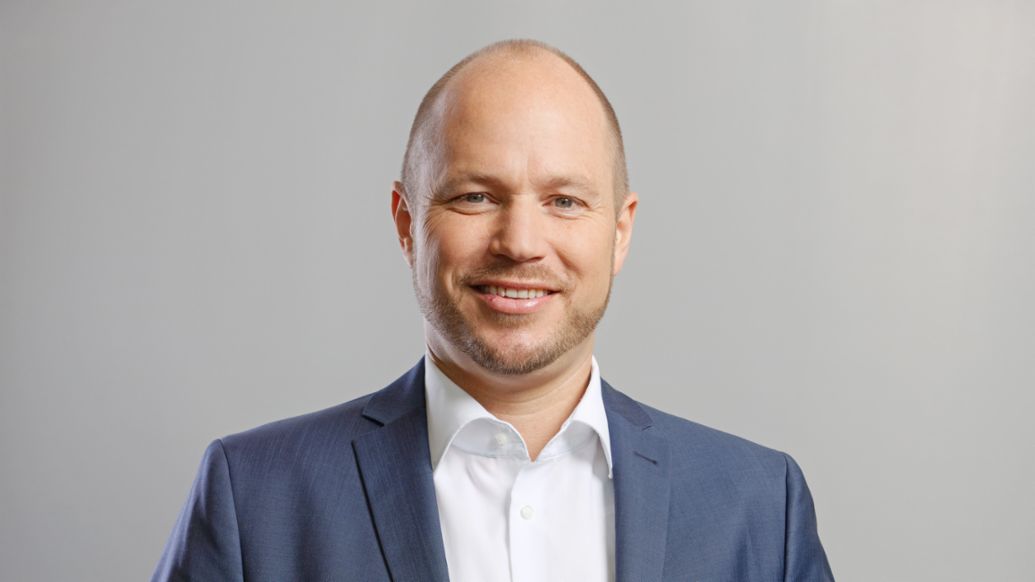
The construction industry must now set the course, for cost-effectiveness, expertise and even for socio-political aims such as addressing the housing shortage. Large project developers and building companies like Ten Brinke no longer want to see the industry and their customers suffer on multiple levels due to traditional work patterns. Loss of time and money due to too many interfaces from planning through to handing over keys, to skilled labor and material shortages, is the most common obstacle.
This is why the path pursued by Ten Brinke is the right one. Reliability is key. Ten Brinke takes on the entire project themselves centrally, guaranteeing price, punctuality and precision in delivery. This requires an organization to plan fully and with foresight, communicate comprehensively, work collaboratively and in coordination with all parties, and take complete responsibility. A strong process which optimally facilitates cooperation is essential to this. Clients benefit from this transparency.
As well as the process, the right product and efficient production are two important aspects, on which we as consultants focus in transforming the construction industry. Without careful client and product orientation there can be no meaningful prefabrication work. This is extremely important because Porsche Consulting’s industry experts know from extensive analyses: Building a well-planned development from cleverly designed prefabricated modules enhances quality, prevents problems at interfaces between different groups, counters time lost by skilled labor and material shortages or inclement weather and, to top it all, keeps the project within the agreed budget.
This allows housing developments to be built more reliably if, for example, the washroom area is produced as a whole “prefabricated bathroom” in a factory, quickly transported to the building site by flat-bed truck and positioned in place by mobile crane. Everything is prepared; only the various utility connection points have to be connected using quick couplings. Plug and play!
The bathroom is a great example because this is where various groups have to work most closely and in the shortest time to manufacture and deliver a product together. This can be realized considerably more efficiently in factory-based mass production. It does not hamper individuality. The automotive industry demonstrates this: Every vehicle can be fitted with a wide range of options according to the customer’s configuration wishes. It is similarly not rocket science for a bathroom with its various sanitary features, installations, tiles and colors. Personnel are also be trained precisely for tasks directly at the factory and trained further centrally. This is an important factor in today’s rapidly increasing use of technology.
Prefabrication is essential outside the bathroom too, in efficient, high-quality building projects and for avoiding subsequent amendments and defects. Quickly progressing digitalization is helping to take construction to a new level. The industry needs to adapt and learn. Companies ready to do this now are laying strong foundations for the future.
Info
Text erstmalig erschienen im Porsche Consulting Magazin.
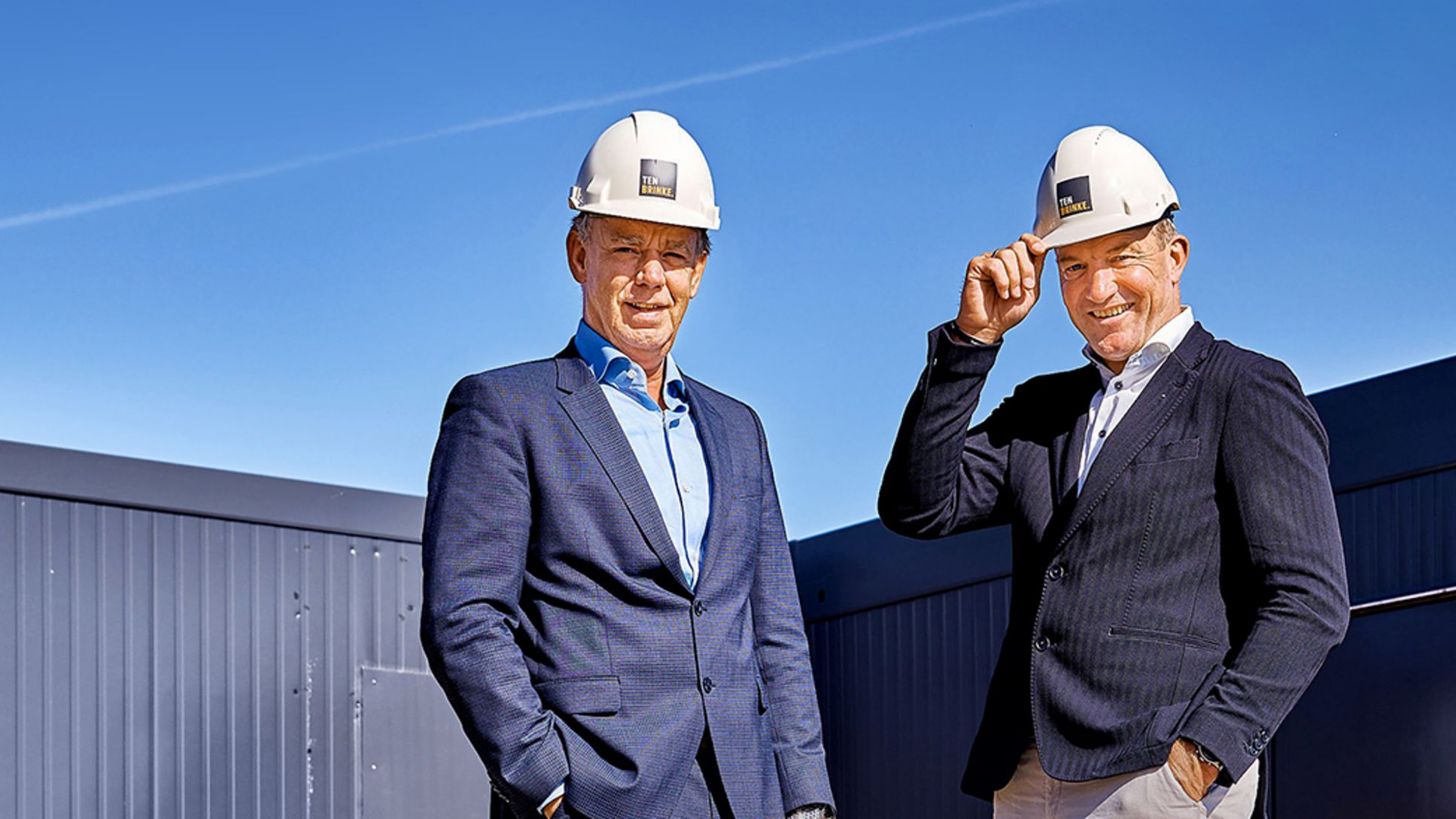
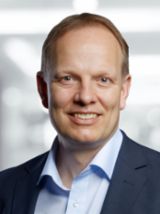
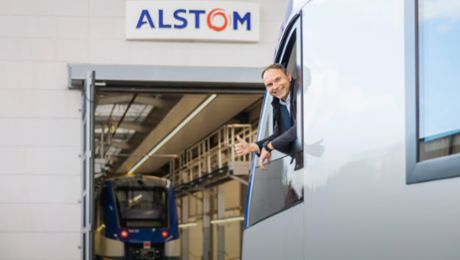

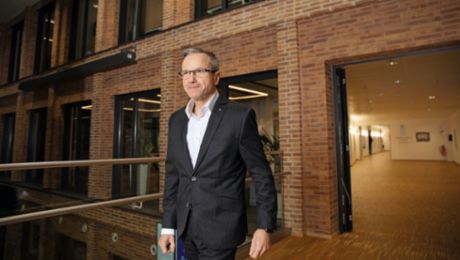
.jpg/jcr:content/Header%20221205_035_Porsche_Consulting_Dr_Arno_Antlitz_Max_Arens_16_9_breiter01%20(1).jpg)